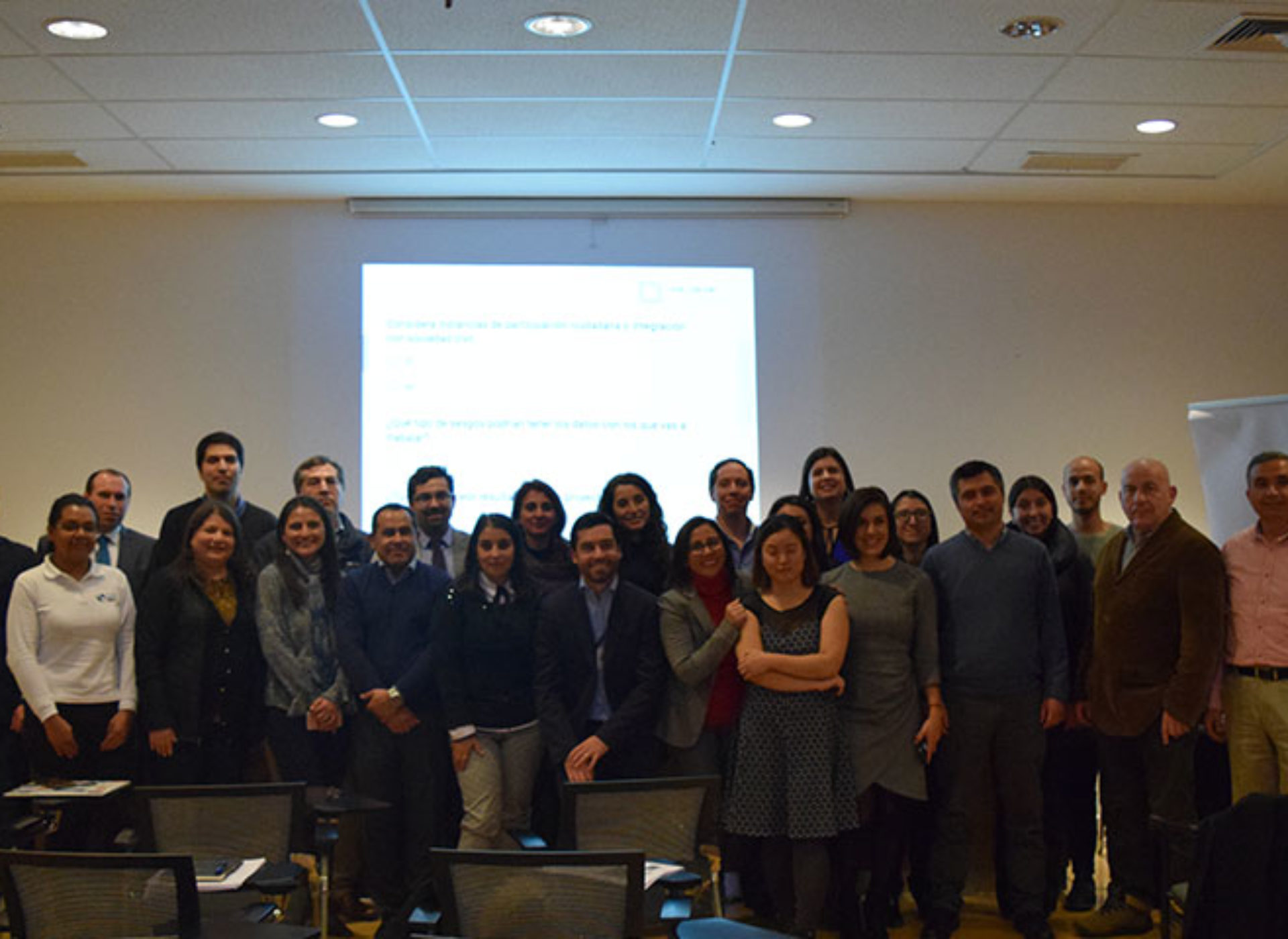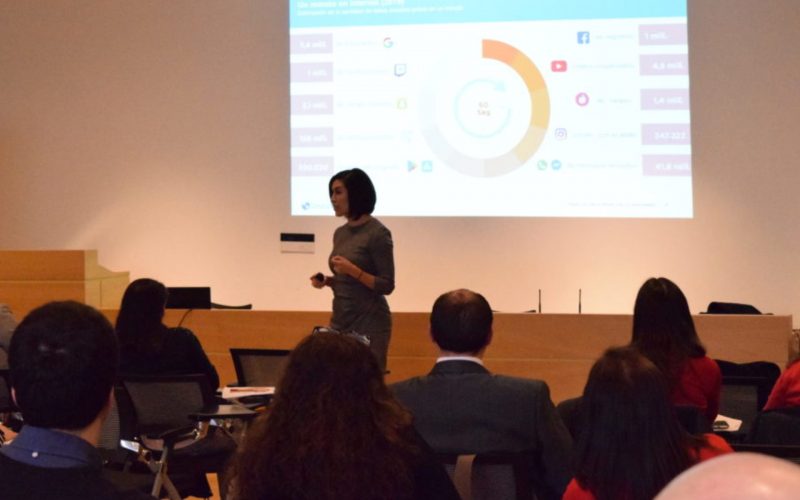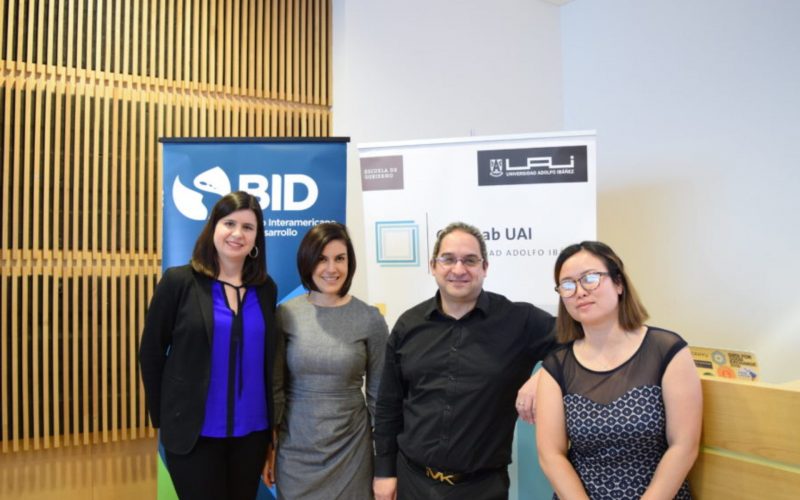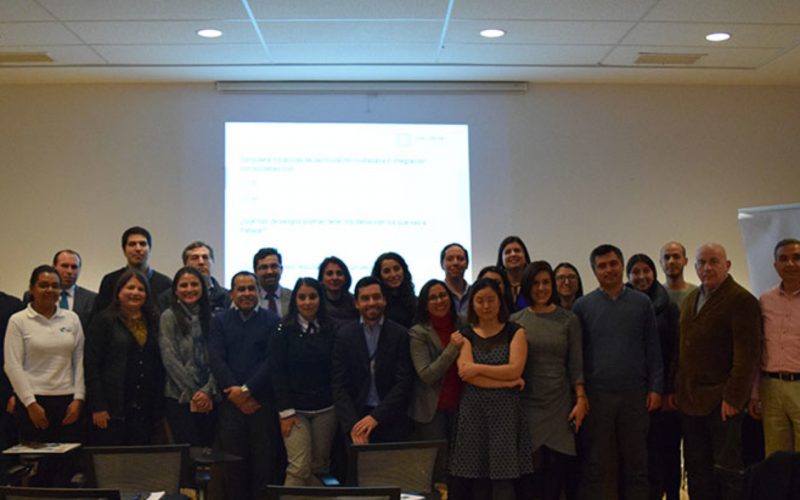
A proposal for ethical data management developed by the social sector of the Inter-American Bank was announced at the facilities of the Ministry General Secretariat of the Presidency
How to manage data ethically?
June 20, 2019
*Gallery: UAI and the Inter-American Development Bank, presented recommendations on state modernization projects.
In the facilities of the Ministry General Secretariat of the Presidency a proposal for ethical data management developed by the social sector of the Inter-American Development Bank (IDB) was announced to the Network of Digital Transformation Coordinators of the State, with the purpose of generating a reflection on its application in public services in Chile regarding the modernization of the State that is driving the current administration.
The use of data by public institutions is increasingly frequent in response to the digital transformation of the State. The modernization of Chile is a strategic axis of the Government Plan and therefore it is important to make known to its representatives the tools to respond adequately to the challenge of a correct management of population information. That is, that they take into consideration the challenges that privacy, transparency and equity implies when developing projects with data.
The Network of Digital Transformation Coordinators is made up of a hundred public officials representing different government institutions and whose objective is to ensure that 80% of the State’s procedures are digitized by 2021.
The event began with the welcome of the Digital Transformation coordinator of the Segpres Digital Government Division, Hanna Back, who stressed the importance of dialogue in this process of change: “We must create a collective conversation between experts to establish how the Chilean government will treat the data and algorithms from now on and how that will affect the digital transformation of the State.”
The presentation of the paper “Ethical Data Management” was given by María Paz Hermosilla, director of the GobLab UAI and co-author of the document, which is also part of the Government School’s academic, Daniel Loewe. On the occasion, the academic presented a series of good practices for the management of public data, emphasizing the creation of public value, the assessment of the impact on the people involved, the diagnosis of data biases; the protection of privacy by default and transparency and accountability to citizens.
For its part, the IDB representative for Chile, Yolanda Martínez, raised the importance of data in our world. In this regard, he referred to them as the most important input for the digital economy: “when you apply machine learning to transactions, you can better customize your needs, and thus generate public policies that add value to people”.
The event was held on June 17 and had more than 30 participants from different institutions, such as the Ministry of Social Development, PDI, Livestock Agricultural Service, Ministry of Defense, National Statistics Institute and Fonasa.
Download the proposal here.








